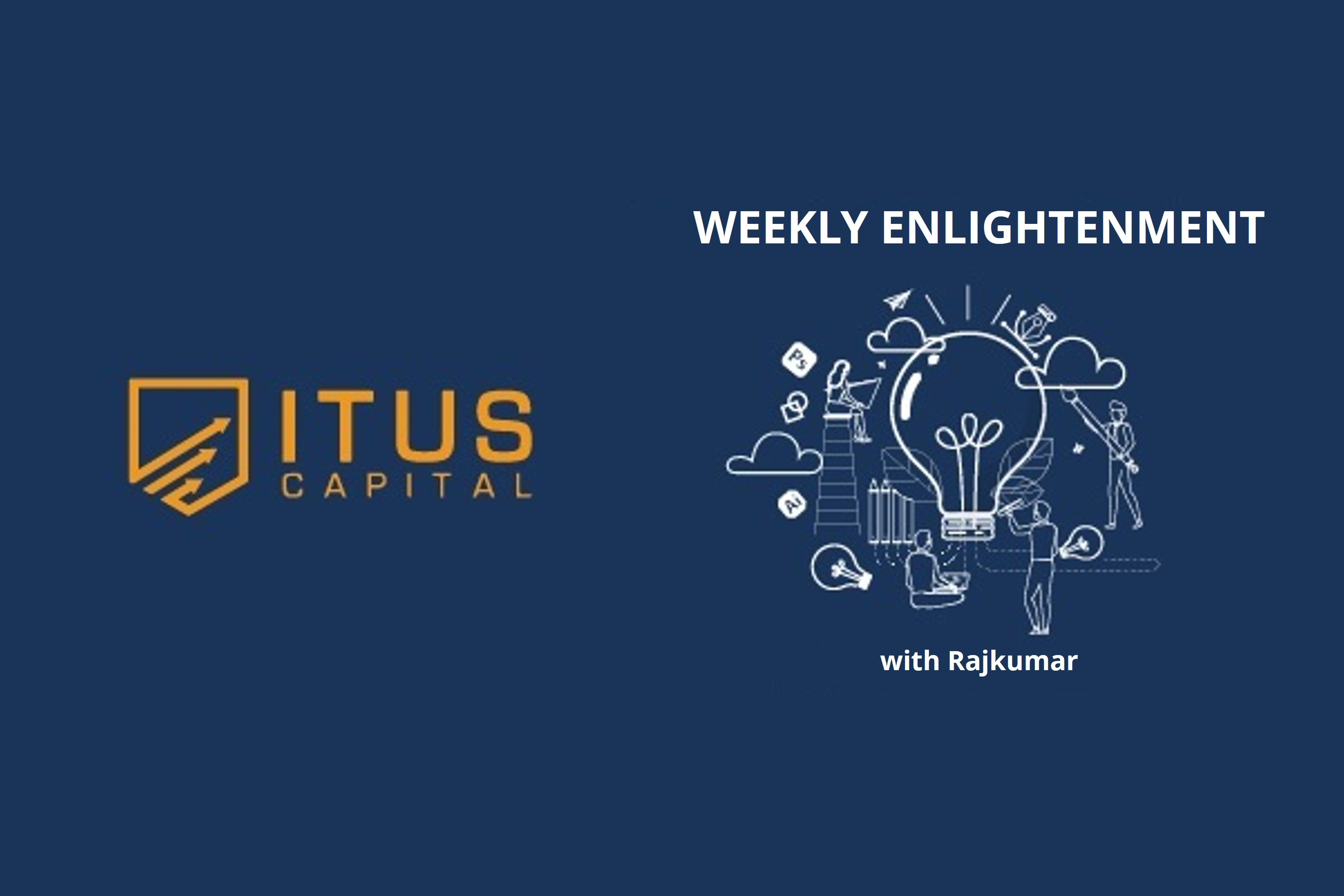
Cycles of market emotions:
When the market is performing well, we feel confident and believe we have mastered investing. However, when things go wrong, we often want to quit and think that the stock markets aren’t for us. Why does this happen? The answer is simple—our emotions. Fear makes us exit the market, while greed pushes us to invest more.
The key to success, however, lies in doing the opposite.
Understanding Market Cycles and Investing Strategy
Markets move in cycles, experiencing phases of growth, correction, and recovery. Investors who make a one-time investment may see good returns if they enter during a favourable phase, but they also expose themselves to higher risks if the market subsequently declines. On the other hand, investors who add money systematically, especially during downturns, benefit from rupee cost averaging and accumulate more units at lower prices.
Investment Example
To illustrate this, consider Portfolio A, which invested Rs. 50 lakh in the ITUS Fund on January 1, 2022. By November 30, 2024, this investment would have grown to Rs. 69,49,180, yielding a profit of Rs. 19,49,780. The internal rate of return (IRR) for this investment is 11.95%.
In the Portfolio B scenario, the client has made a top-up to their account based on the ITUS RM’s advice to do so during capital calls, considering the market scenario—such as in June 2022, March 2023, and June 2024. As a result, the total invested capital would increase. In this scenario, the total portfolio value by November 30, 2024, would be Rs. 1,45,61,916. When calculating the profit for an equivalent Rs. 50 lakh investment, it amounts to Rs. 22,80,958, leading to a significantly higher IRR of 16.56%, due to the top-ups made during the capital calls.
Key Takeaway
Investors who top up their investments based on capital calls we provided during market downturns achieved significantly higher returns compared to investors who did not add capital. Instead of panicking during market declines, viewing them as opportunities to invest strategically leads to better long-term gains. By following the RM’s capital call advice, investors can take advantage of lower prices, optimize rupee cost averaging, and enhance overall portfolio growth. This disciplined approach ensures that market fluctuations work in favor of wealth creation rather than against it.
These weekly episodes are now available in our website for your quick read and you may access the same in the below link.
Weekly Enlightenment Archives – ITUS Capital